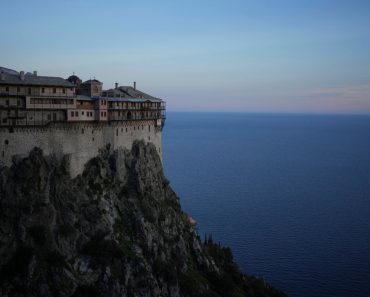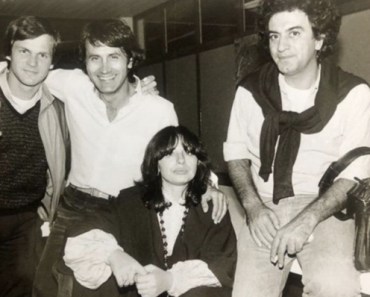What began as a long-planned artistic collaboration quickly turned into a geopolitical thriller. A group of Greek musicians visiting Israel for a cultural exchange found themselves caught in a spiraling conflict, transforming their journey home through the war-stricken Middle East into a dramatic escape.
Renowned bouzouki virtuoso Manolis Karantinis recounts to protothema.gr how their music tour, originally arranged with the Jerusalem Symphony Orchestra by artistic manager Braha Cohen, unraveled into a tense and uncertain exodus. Accompanied by singer Kostas Karafotis and folk artist Areti Ketime, the musicians had flown to Israel on June 8 for a series of performances.
“Things were tense when we arrived,” Karantinis recalls, “but no one expected the situation to deteriorate so quickly.”
Despite the looming unrest, the concerts went ahead, and the reception from the Israeli audience was deeply emotional.
“The people were incredibly warm,” he says. “They love Greek music—it’s a form of solace for them. Some had lost family in the war or had relatives taken hostage. And yet, they cried listening to the zeibekiko.”
But the crisis escalated. On June 13, their scheduled departure day, Tel Aviv’s airport abruptly shut down. Flights were grounded. Communication with authorities became nearly impossible.
“We were sitting on the pavement with our suitcases,” Karantinis describes. “Then Braha told us, ‘You need to leave now. Bombing is imminent.’”
Faced with few options, Karafotis proposed an urgent overland escape to Jordan. The group quickly arranged a taxi and set out on a two-hour journey toward the Israeli-Jordanian border. Helped by the Greek embassy in Amman, they endured visa procedures, checkpoints, and uncertainty.
“We didn’t know if they’d let us through, if we’d catch a flight, if the border would even stay open.”
Eventually, they crossed into Jordan and made it to Amman. That night, as they boarded a Royal Jordanian flight to Larnaca, danger was still close.
“As we took off around 10:45 p.m., we looked out the window and saw Iranian missiles in the sky,” Karantinis recounts. “Iron Dome systems were intercepting them. It was like a war movie. I’ll never forget it.”
From Cyprus, the group returned safely to Athens via Aegean Airlines. Though still shaken, Karantinis remains committed to cultural presence in Israel.
“Music has no borders,” he insists. “What we offered was more than entertainment—it was emotional support. That’s the power of Greek music.”
A Second Group Faces Similar Ordeal
Simultaneously, a second delegation of Greek performers—including Glykeria, Alekos Zazopoulos, Eleni Siddanta, Stelios Fotiadis, Giorgos Rolas, and again Areti Ketime—managed to flee via Egypt.
They are currently under the care of Greek diplomatic services, and according to sources, their repatriation is being coordinated via military aircraft as part of a special evacuation mission from Cairo.
Ask me anything
Explore related questions







